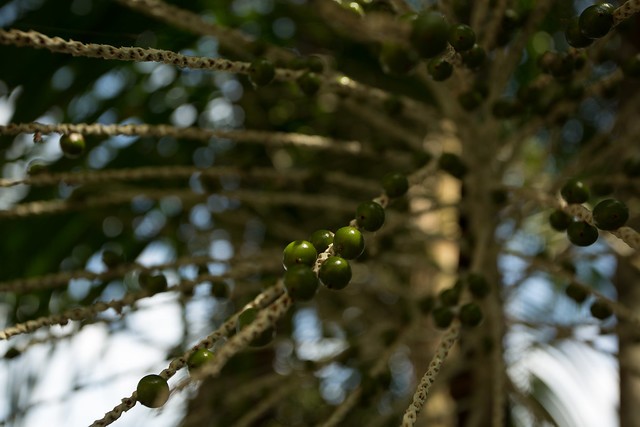Speeches Shim

USAID/Brazil has been working with several partners to strengthen sustainable forest- and biodiversity-based and biodiversity-friendly value chains and sustainable businesses in the Amazon with the aim of increasing the environmental, social and economic value of native, standing forests and biodiversity, as well as promote sustainable economic activities based in protected areas and the incorporate strengthening improved local monitoring, protecting and reporting of illegal activities and proper sustainable management and harvesting of any wild species of community-based vigilance and monitoring systems.
Such activities include the development of community entities, sustainable value-chains based on ‘extractivismo local’ (local use) permitted under Brazilian law in certain conservation areas, and sale of “socio-biodiversity” products (aka Non-Timber Forest Products), such Brazil nut, açaí, wild-caught fish or rubber, as well as community-based ecotourism targeting foreign and Brazilian visitors.
The U.S. Forest Service (USFS) is an important partner of USAID/Brazil in the development of sustainable value-chains in the Amazon. USFS has cooperated with the Brazilian government for over two decades, and with Chico Mendes Institute for Biodiversity Conservation (ICMBio) since its creation, in 2007. The cooperation has four activity areas: 1) Technical partnership with ICMBio for the improvement of conservation management;2) Strengthening value chains of extractive products such as Brazil nuts and Pirarucu (an Amazon fish), among others;3) Improving the public use of Conservation Units;4) Refining and implementing fire prevention and management plans within protected areas.
There is also a technical partnership with FUNAI for its institutional strengthening and support to the development of sustainable value chains in Indigenous lands.The priority areas of the project include Extractivist Reserves (57%), National Parks (25%), State Parks (12%) and National Forests (6%).


Comment
Make a general inquiry or suggest an improvement.